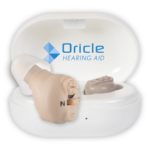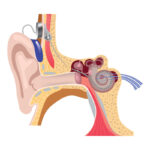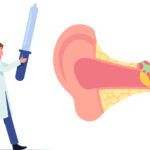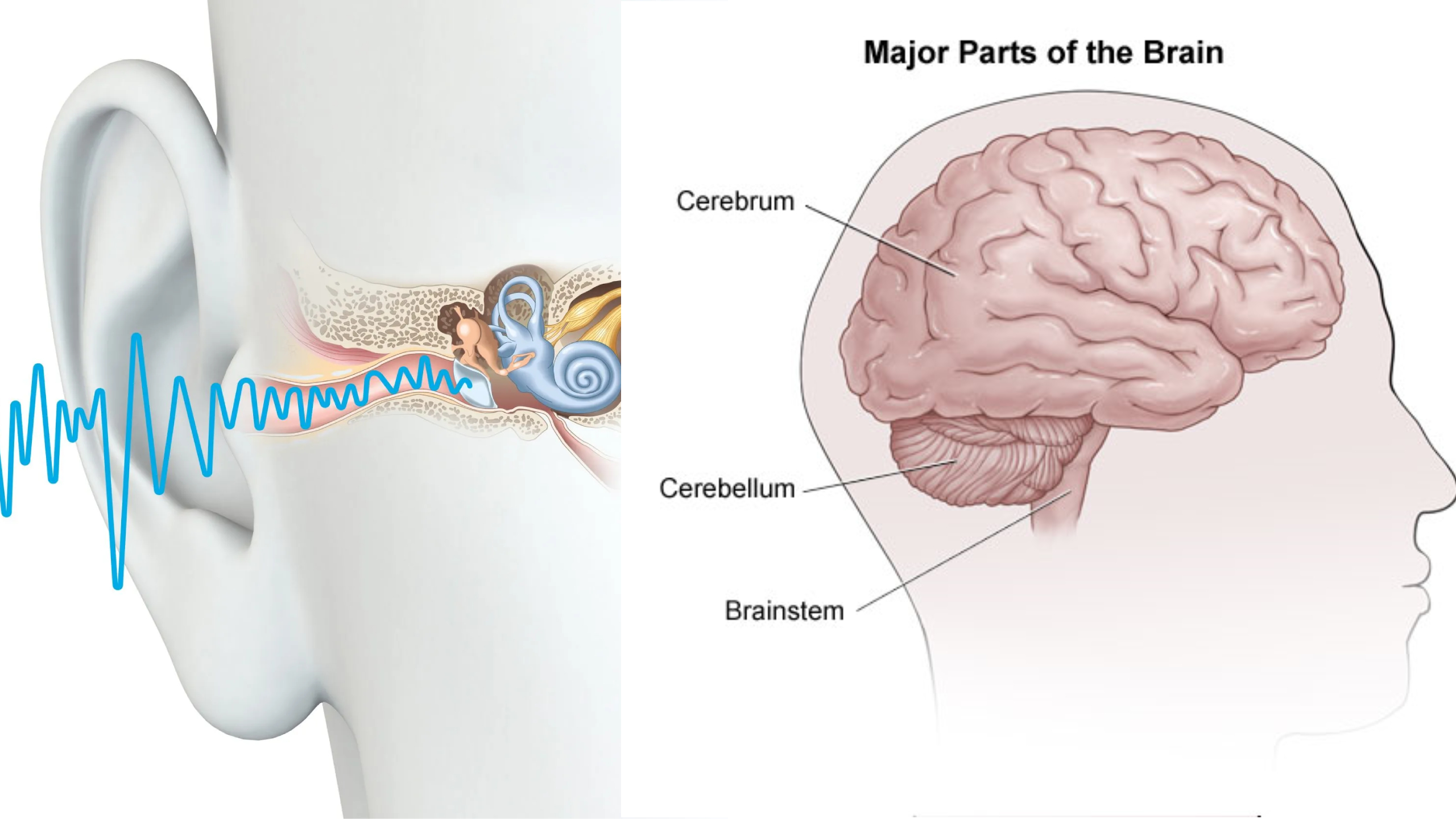SNHL and Hearing Loss After a Stroke
The SNHL is a rare symptom of stroke, but it is associated with hearing loss. If detected early, it can be treated or prevented before the stroke. This study, however, only examined stroke survivors with mild aphasia and hearing loss. Additional studies are necessary to confirm this relationship. For now, this preliminary study provides important information about the complex auditory needs of stroke survivors, supporting their communication and long-term recovery. It may even delay the onset of post-stroke dementia.
SNHL is a rare symptom of stroke
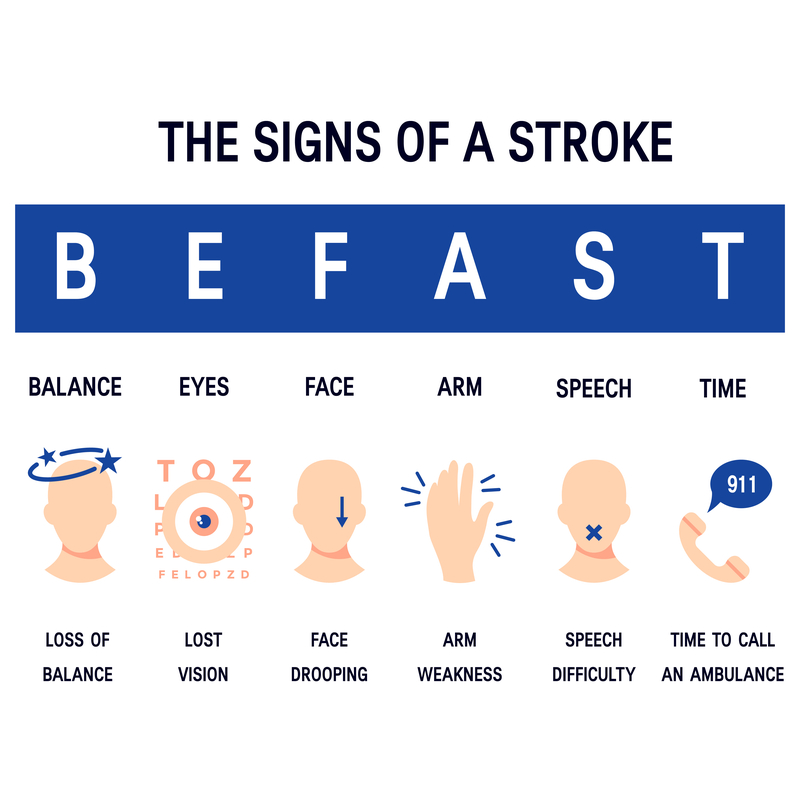
SNHL is a rare syndrome characterized by a sudden onset of bilateral, subclinical, and progressive cerebellar ataxia. It is also associated with tinnitus and vestibular symptoms. Pathology indicates a non-inflammatory vasculopathy. Fortunately, hearing loss in patients with SNHL recovers spontaneously within a few weeks.
It is most often caused by damage to cochlear hair cells, which are abnormal at birth or can be damaged over the course of a lifetime. The hair cells can be damaged by various causes, such as infection, ototoxic drugs, genetic mutations, and prolonged exposure to loud noises. In many cases, SNHL is reversible but requires additional treatment to treat the underlying disease.
Sudden sensorineural hearing loss, or SSHL, is a sudden, unexplained loss of hearing in one or both ears. Ninety percent of sufferers lose hearing in one ear. Delaying diagnosis or treatment can limit treatment and worsen the condition. Experts estimate that one person in every 100 suffers from SSHL. Although it can affect anyone, SSHL is most common in those aged 30 to 60. Four percent of cases occur in both ears.
When SSHL occurs, the inner ear and cochlea are damaged. This causes the nerves connecting the ear and brain to be damaged. In addition, stroke-related hearing loss is a major cause of this syndrome. If SSHL occurs after a stroke, treatment options will be focused on amplifying any remaining sound. Although SSHL is a rare symptom of stroke and hearing loss, the sooner it is detected, the better chance the patient will have a full recovery.
Another cause of SNHL is stroke in the higher level subcortical structures. A case report by Musiek and Baran et al. describes a patient who had a subarachnoid bleed affecting both inferior colliculi. The patient suffered from total “central” deafness for the first week after admission. However, he gradually recovered his hearing, albeit at a slower pace than normal. Audiological testing revealed a gradual recovery in hearing after two and a half weeks, although auditory evoked potentials did not return to normal levels.
It is a risk factor for stroke
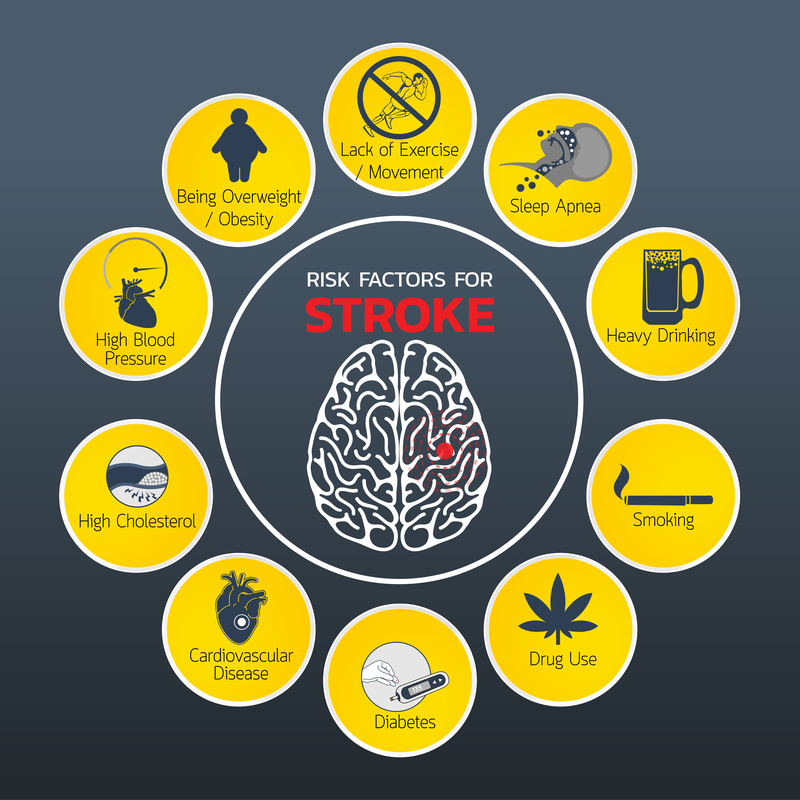
There are many risk factors for stroke. Most can be altered, treated, or medically modified. A healthy diet low in saturated fat, trans fat, cholesterol, sodium, and added sugars is a good start. Blood-thinning medication can help prevent blood clots. Regular blood tests are necessary, but antiplatelets are an over-the-counter medication. A doctor should monitor your blood pressure regularly and prescribe the medication if necessary.
People with hearing loss have a higher risk of stroke than other former hospitalized patients. The reason for this is still unknown, but the Taiwanese study found that stroke patients who experienced sudden hearing loss were at 1-1/2 times more likely to have a stroke than other former hospital patients. The researchers compared stroke rates in people with sudden hearing loss to those of people who underwent appendectomy. They found that former stroke patients had a higher risk of developing SSNHL than non-stroke patients.
The authors concluded that SHL was an early marker of stroke risk. In a long-term follow-up study of patients with idiopathic sudden sensorineural hearing loss, the association between SHL and stroke was established. Patients had a workup that included history, audiometry, tympanometry, and laboratory testing. The participants were evaluated for other vascular diseases and stroke according to WHO criteria.
Although hearing impairment is a risk factor for stroke, it can be mitigated with appropriate rehabilitation. Therefore, it is important to assess patients with hearing impairment early so that appropriate auditory rehabilitation can begin immediately. In addition, clinical guidelines for post-stroke rehabilitation could be improved by promoting hearing screening. This study was conducted in a neurology unit at a tertiary medical center in Taiwan. These patients were tested between three and twelve months after a stroke. The results were similar for the three screening tools.
It is associated with hearing loss
Many studies have linked hearing loss to disabling conditions. These include cardiovascular disease, dementia, Alzheimer's disease, and clinical depression. Some research has found a connection between hearing loss and the risk of falling among the elderly. While many other factors may play a role, the underlying cause of hearing loss remains unknown. For more information, see our list of common hearing loss conditions. Then, talk to your doctor about how hearing loss can be managed and prevented.
One of the most common causes of hearing loss is exposure to loud noise. Exposure to loud noise, sudden changes in pressure, and scarring of the ear canal can damage hearing. Damage to inner ear structures and nerve pathways can also cause hearing loss. In severe cases, even the smallest sounds become muffled. In addition, exposure to certain chemicals may result in deafness. Although treatments are available for hearing loss, prevention is the key.
Hearing loss may also be caused by drugs that are ototoxic. Medicines for serious infections, cancer, and heart disease may damage the inner ear. Aspirin can cause problems as well as some antibiotics. It is also possible to inherit hearing loss. Inheritance of otosclerosis, a hereditary disease, prevents structures within the ear from working properly. This disease can also affect the development of ear canals.
The causes of sensorineural hearing loss are complex and can range from severe earwax buildup to head trauma. This loss affects the whole range of sound frequencies. Typically, this type of hearing loss is permanent and affects only one or both ears. It is best treated early in life when it is detected and treated. The following are some common treatments for conductive hearing loss. If you suspect that you are suffering from a hearing loss, talk to your doctor immediately.
It can be remedied early
While visual and motor deficits are more easily diagnosed and treated after a stroke, hearing loss isn't as straightforward. It's invisible and may not be immediately noticeable like dysphasia. Even so, early intervention is key in treating hearing loss after a stroke. Thankfully, there are a number of interventions that can help improve your hearing and restore your speech. Listed below are some of these treatments.
It has a relatively good long-term outcome
Acute hearing loss associated with posterior circulation ischemic stroke has a relatively good long-term prognosis. However, hearing loss has a poorer prognosis when the stroke is associated with two or more risk factors. Also, stroke and hearing loss affect the same vertebrobasilar territory, making early detection essential. However, there are some pitfalls associated with stroke and hearing loss.
The study design involved evaluating eight cohort studies and assessing their outcomes for hearing loss and stroke. The primary outcome measures were the rate of stroke and hearing loss (ICD-9 code 388) and pure-tone audiometry of 25 dB or higher reported by physicians. Participants were categorized according to their hearing loss, with the quality of their hearing determined by the Newcastle-Ottawa Scale. Researchers pooled HR (95% CI) using a random-effects model. To identify heterogeneity, the I2 index was calculated and reviewed.
The recovery process is long and difficult, and many stroke survivors benefit from occupational therapy and other forms of support. Although stroke survivors increase their risk of a subsequent stroke, doctors can provide information on ways to reduce their risks. Talking with others about the effects of the stroke helps patients process feelings of isolation and vulnerability. Today, better treatments are available, and knowledge about strokes is becoming more widespread. Earlier treatment helps limit damage and hasten recovery.
SNHL is less common in younger age groups. But it is not entirely clear why the two are associated. More studies are needed to determine the causal relationship. The authors have no conflicts of interest. The findings from this study provide more insight into the possible link between stroke and hearing loss. The researchers believe the association between hearing loss and stroke is greater than one might think. The study is presented at the 10th International Conference on Cholesteatoma and Ear Surgery.


